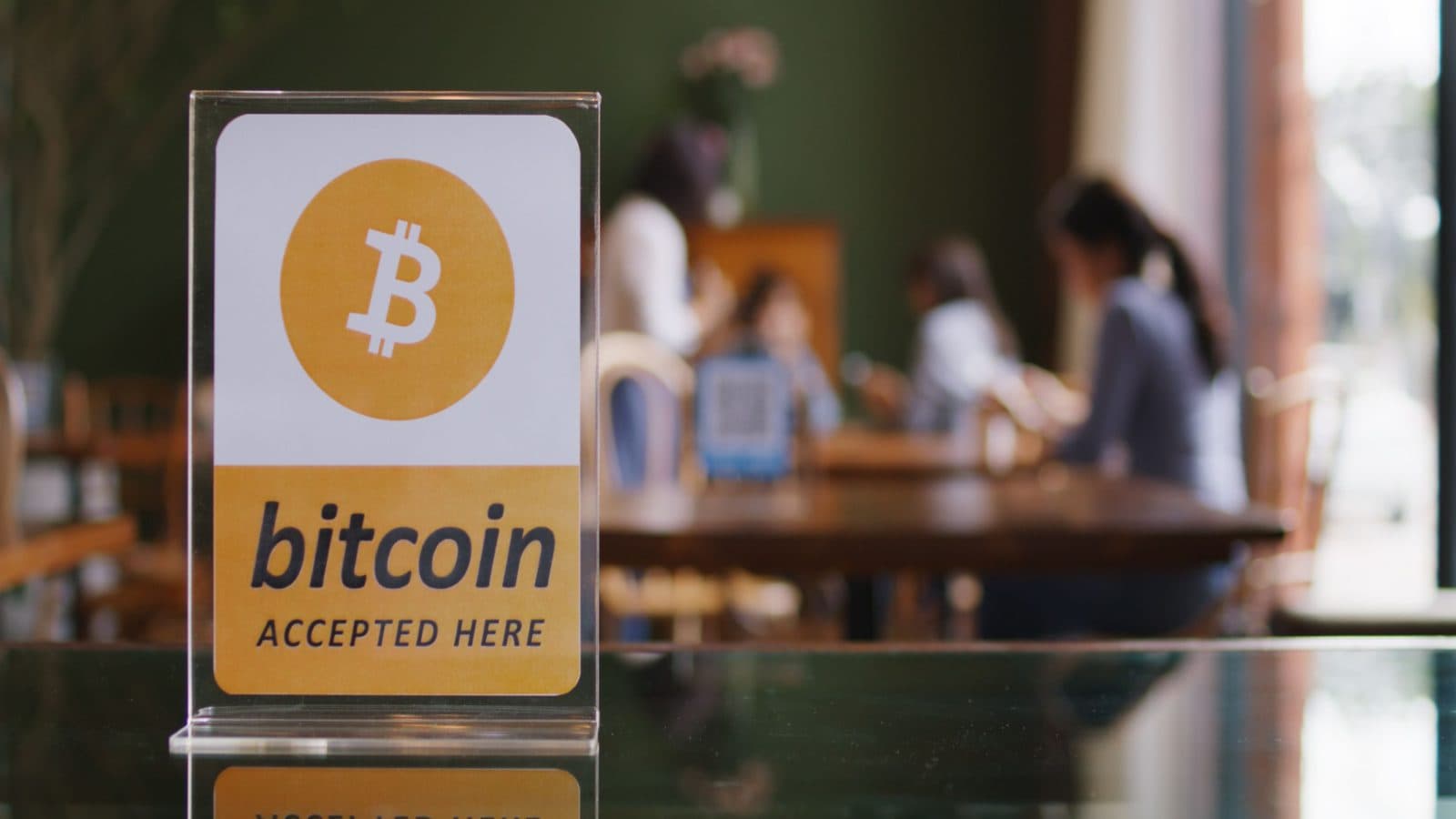Survey: More Than Half of Latin Americans Have Paid With Crypto
Latin American consumers are looking for more crypto- and digital payments-related services, according to a new survey from Mastercard

Source: Shutterstock
- While digital payments are being embraced, consumers want to see more flexibility in the use of crypto and traditional payments interchangeably
- Latin Americans are willing to use emerging payments methods such as biometrics, digital currencies and QR code
Latin American consumers are looking for more crypto- and digital payments-related services, according to a new survey from Mastercard.
Around 51% of survey respondents in the region have already made a transaction with crypto, and over one-third say they have made a payment for an everyday purchase with a stablecoin, according to the survey of new payment methods released this week.
Latino consumers are also embracing emerging payment technologies — the survey found about 86% have used at least one emerging payment method in the past year.
While 77% of Americans and 74% of Europeans prefer traditional payment methods to newer ones, Latin Americans are willing to use emerging methods such as biometrics, digital currencies and QR code — in addition to contactless payments.
“Increasingly Latin Americans are turning to technology to conduct their financial transactions, and this trend is expected to continue to rise, with an overwhelming 95% planning to use a digital payment method in the coming year and 29% acknowledging having used less cash in the past year,” Walter Pimenta, Mastercard Latin America and the Caribbean’s executive vice president of products and engineering, said in a statement.
The findings are based on a survey conducted between March and April 2022 among more than 35,000 people around the world.
More than half of Latin American consumers are optimistic about the performance of digital assets as an investment, according to Mastercard. Two-thirds want greater flexibility to use crypto and traditional payment methods interchangeably in their day-to-day operations — a growing trend for both consumers and businesses.
“We definitely see consumer interest, but even more so merchant interest in accepting crypto to earn crypto — not necessarily to convert it back to fiat,” Elion Chin, co-creator of peer-to-peer electronic cash system Nimiq, told Blockworks.
Meanwhile, Mastercard found financial institutions’ support of crypto could also boost consumers’ confidence in the space: About 69% of people in Latin America and the Caribbean would feel more confident investing — and 67% would feel comfortable in making or receiving payments in crypto — if “they were issued or backed by a trusted organization.”
Another 82% of respondents acknowledge they would like to have crypto-related functions available directly from their current financial institution.
El Salvador became the first country to adopt bitcoin as legal tender last year. In other countries like Colombia, Mexico, Costa Rica, Panama, Argentina, Brazil and Chile, more real estate companies allow homebuyers to purchase or rent homes in bitcoin and other cryptocurrencies.
In April, Colombian delivery app Rappi, with operations in nine Latin American countries, partnered with Bitpay and Bitso to launch a crypto payment pilot program in Mexico as a first foray into crypto payment adoption.
Get the news in your inbox. Explore Blockworks newsletters:
- The Breakdown: Decoding crypto and the markets. Daily.
- 0xResearch: Alpha in your inbox. Think like an analyst.






